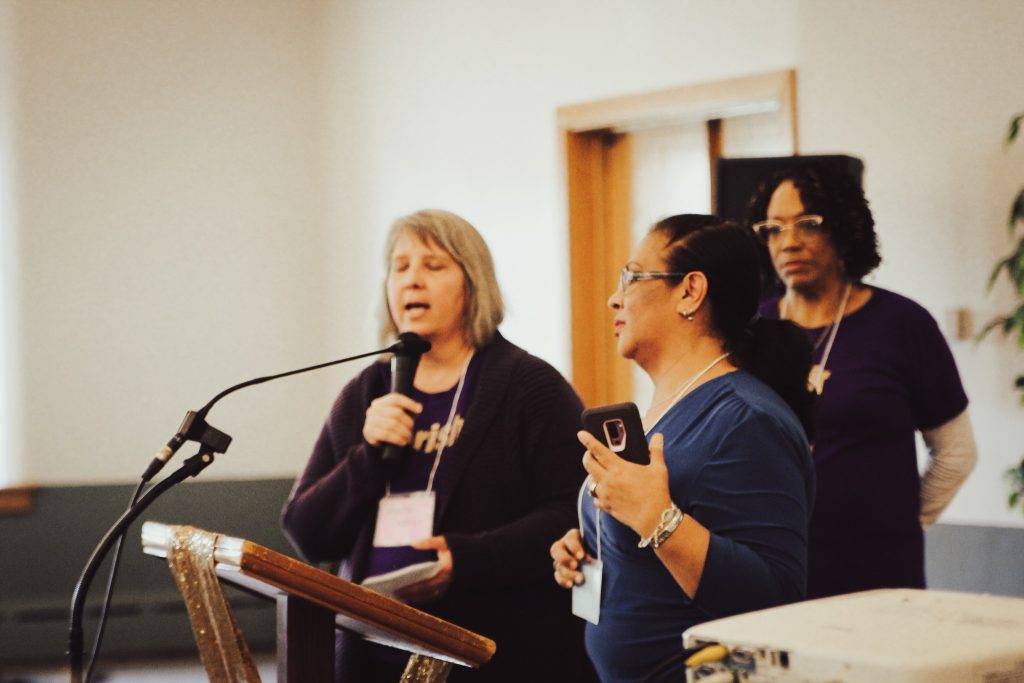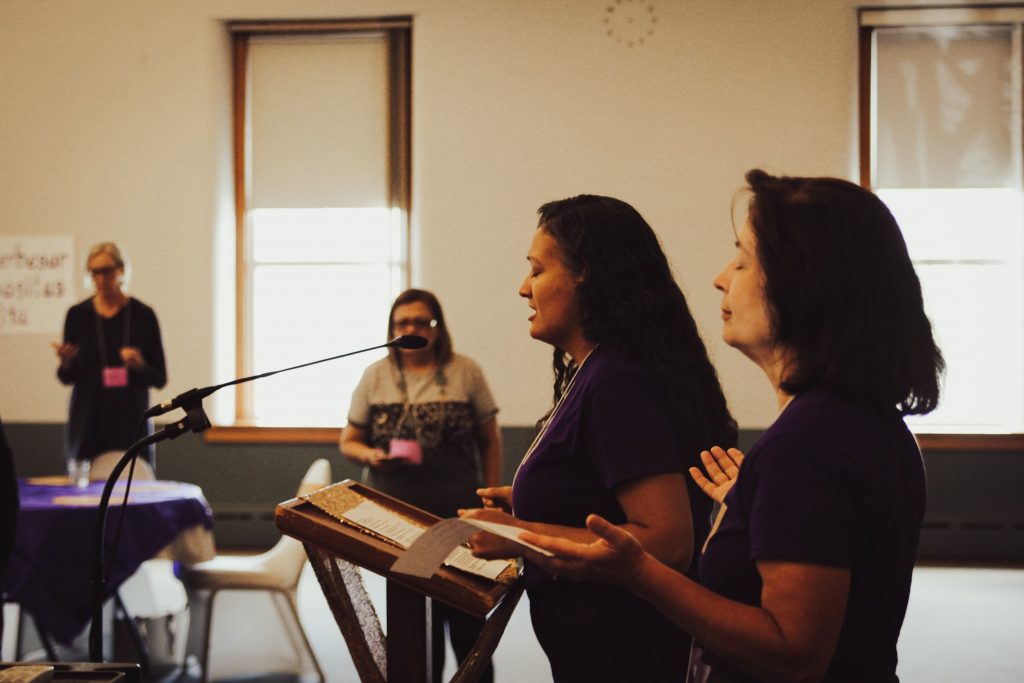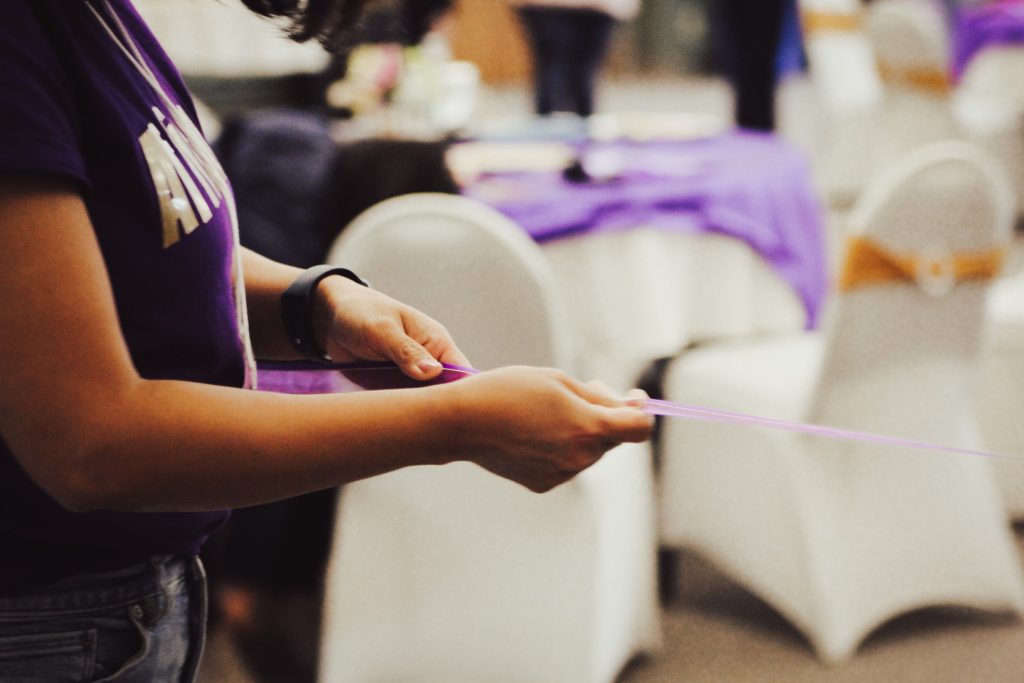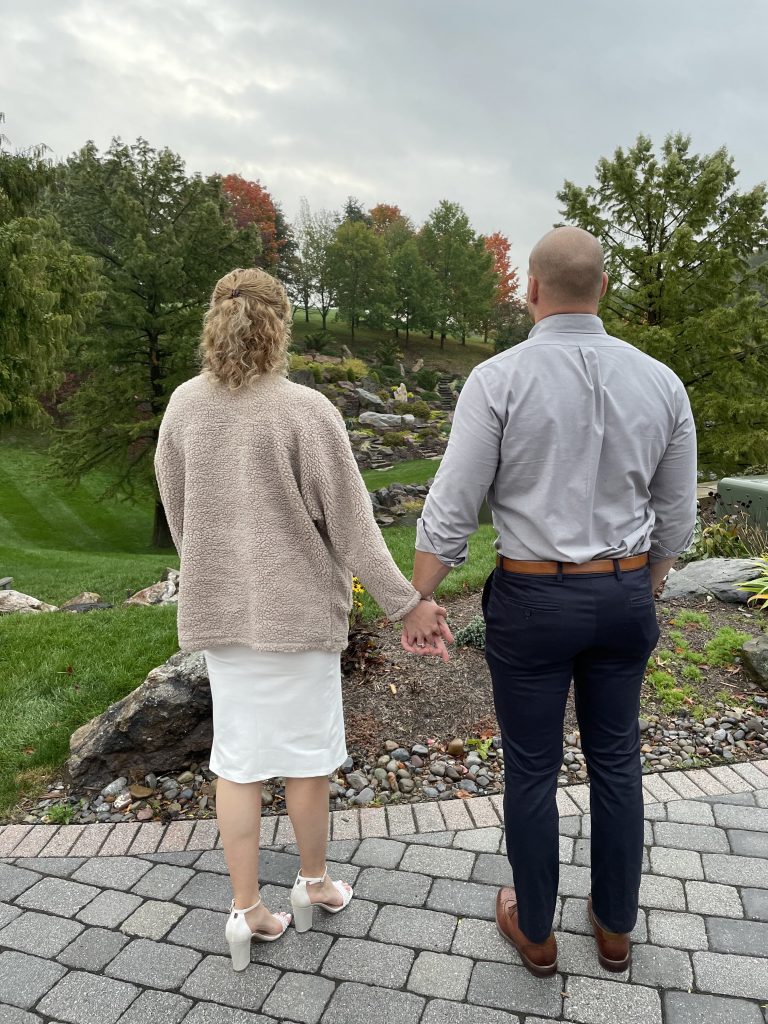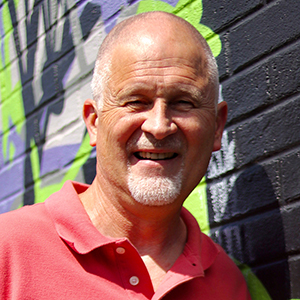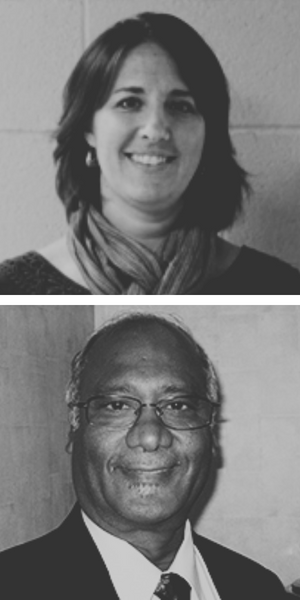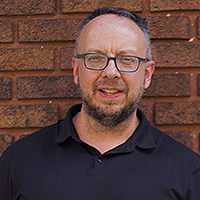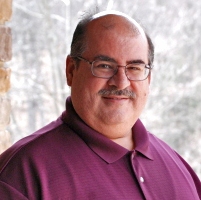
Take time to read the documents in your docket before Assembly. Print out a hard copy (if you want one) of the Assembly docket or bring an electronic device on which you can read a copy. We will not be supplying hard copies for everyone.

Enter Souderton Mennonite Church through the main carport entrance.

Registration will begin at 9:00 am and worship will begin at 9:30 am.

Bring your stones to Assembly! (For details, please read this.)

Lunch will be provided, as well as morning and late afternoon snacks. There is no childcare during lunch.

We will have a collection basket at lunch. Donations will go towards offsetting the travel costs for delegates from a distance (FL, CA, VT, etc.)

A prayer room will be available next to the sanctuary from 9:30 am-6:30 pm. The prayer room is available for anyone to pray or receive prayer.

Our Conference has members who speak many languages. Be prepared to greet others in a language other than yours. Here are a few simple greetings to learn:
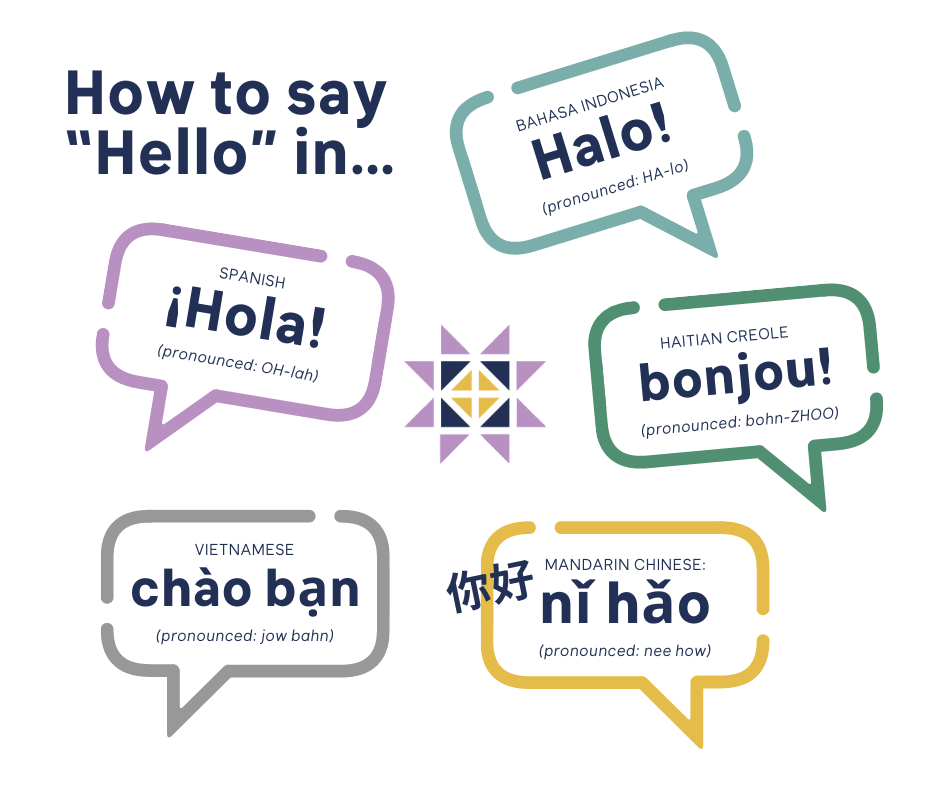

Plan to spend some time (before worship, breaks, or at lunch) with the exhibitors in the foyer.

Masks are optional.




